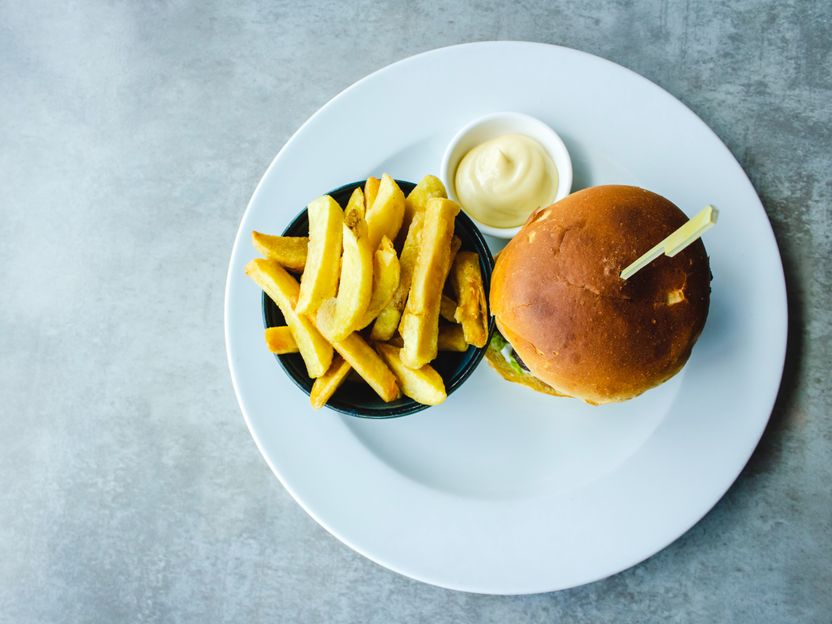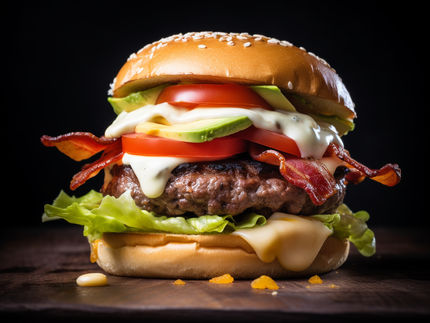What does poor diet do to our blood vessels?
Advertisement
Through the course of the last several decades, the rate of obesity has progressively increased and is now one of the leading causes of death worldwide – 650 million adults are classified as obese. The World Health Organization defines obesity as the accumulation of excessive fat in the body creating risks for a healthy life. The main causes: changing diets and lifestyles. But what are bad eating habits doing to our blood vessels? A research team led by Bilal Sheikh from the Helmholtz Institute for Metabolic, Obesity and Vascular Research (HI-MAG) of Helmholtz Munich and Leipzig University’s Faculty of Medicine investigated how obesity impacts blood vessels’ structure at a molecular level.

Photo by Louis Hansel on Unsplash
The research team found out that metabolic disease affects blood vessels in different organs of our body in a unique way. For instance, blood vessels in the liver and fat tissue struggle to process the excess lipids, kidney vessels develop metabolic dysfunction, lung vessels become highly inflammatory, and transport across the brain vessels is defective. “As vascular dysfunction drives all major pathologies, from heart failure to atherosclerosis and neurodegeneration, our research shows how bad eating habits molecularly promote the development of diverse diseases,” explains Dr Olga Bondareva, the first author of the study.
“We want to elucidate molecular mechanisms of obesity in order to be able to offer patients tailor-made therapies in the future,” adds HI-MAG director Professor Matthias Blüher. The speaker of Collaborative Research Centre 1052 Obesity Mechanisms has been conducting research on morbid obesity at Leipzig University for years. The present study also involves scientists from Leipzig who work in the fields of cardiology and laboratory medicine.
The researchers then asked whether a healthy diet could reduce the disease-causing molecular signatures induced by a bad diet. Their results show that a healthy diet can indeed improve the molecular health of blood vessels, albeit only partially. For instance, the blood vessels in the liver recovered nearly completely, but blood vessels in the kidneys retained the disease signature, despite a healthy diet and significant weight loss. This means that some of our blood vessels can develop a “memory” of metabolic disease, which is difficult to reverse.



























































